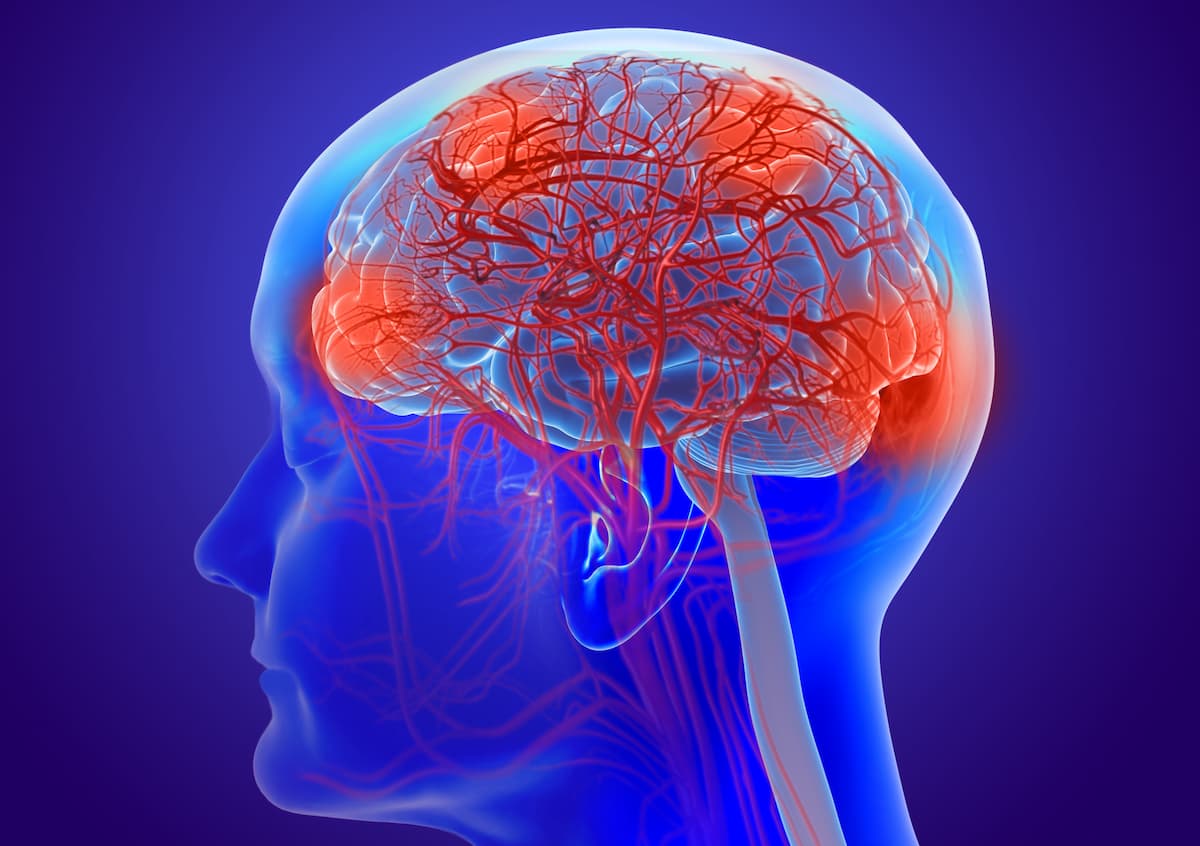ABM-1310 Receives FDA Orphan Drug Designation in BRAF+ Glioblastoma
Findings from a phase 1 trial highlight the potential tolerability and efficacy of ABM-1310 as a treatment for patients with BRAF-mutated solid tumors.
ABM-1310 is under investigation as a treatment for those with BRAF V600–mutated advanced solid tumors as part of several phase 1 studies in the United States and China. Investigators previously presented interim data from an American phase 1 trial (NCT04190628) at the 2023 American Society of Clinical Oncology (ASCO) Annual Meeting assessing the agent among patients with primary brain tumors, which included glioblastoma and other gliomas.

The FDA has granted orphan drug designation to the small molecule BRAF inhibitor ABM-1310 as a treatment for patients with glioblastoma harboring BRAF V600 mutations, according to a press release from ABM Therapeutics.1
ABM-1310 is under investigation as a treatment for those with BRAF V600–mutated advanced solid tumors as part of several phase 1 studies in the United States and China. Investigators previously presented interim data from an American phase 1 trial (NCT04190628) at the 2023 American Society of Clinical Oncology (ASCO) Annual Meeting assessing the agent among patients with primary brain tumors, which included glioblastoma and other gliomas. Additionally, investigators have launched another phase 1 trial in China that will specifically evaluate the agent in glioblastomas.
According to findings from the phase 1 study presented as a poster at ASCO, of 21 patients, 3—1 each with thyroid cancer, pleomorphic xanthoastrocytoma, and glioblastoma—experienced a partial response (PR), and 9 others had stable disease in part A.2 Across 8 evaluable patients in part B, 1 patient with melanoma and 1 other with thyroid cancer each had a PR, and 2 others had stable disease as their best response.
In part A of the trial, 15 of 21 patients had treatment-related adverse effects (TRAEs), including 4 with grade 3 or higher TRAEs. In part B, 7 of 8 patients had TRAEs, and 1 patient experienced grade 3 rash.
There were 3 patients who experienced dose-limiting toxicities (DLTs) in the 250 mg of ABM-1310 monotherapy cohort due to TRAEs. Additionally, investigators reported that no patients discontinued treatment prematurely due to toxicity and that there were no deaths related to treatment.
In this first-in-patient phase 1 study, investigators are assessing the preliminary efficacy and safety of ABM-1310 in those with BRAF-mutated advanced solid tumors. In phase A of the study, patients received ABM-1310 alone at doses ranging from 25 mg to 250 mg twice a day. In phase B, patients received 100 mg, 150 mg, or 200 mg of ABM-1310 twice a day in combination with cobimetinib (Cotellic) at 60 mg 4 times a day.
In part C, a dose expansion phase under amendment at the time of the poster’s release, investigators will assess ABM-1310 as monotherapy in patients with central nervous system (CNS) tumors and those with melanoma with brain metastases. In this phase, ABM-1310 will also be evaluated in combination with cobimetinib in a cohort of those with all solid tumors excluding melanoma and in another cohort of those with melanoma with brain metastases.
The study’s primary end points include maximum tolerated dose, TRAEs, and abnormal laboratory values. Secondary end points include objective response rate, disease control rate, duration of response, progression-free survival, overall survival, and time to response.
Patients 18 years and older with histologically or cytologically confirmed locally advanced or metastatic solid tumors that have progressed following at least 1 line of standard systemic therapy are eligible for enrollment on the trial. Additional eligibility criteria include having at least 1 measurable lesion per RECIST v1.1 criteria, an ECOG performance status of 0 or 1, and adequate organ function.
References
- U.S. FDA grants orphan drug designation to ABM-1310 for the treatment of patients with glioblastoma harboring BRAF V600 mutation. News release. ABM Therapeutics. August 2, 2023. Accessed August 7, 2023. prn.to/3qdMXRT
- Piha-Paul SA, Nagpal S, Weise AM, et al. A phase 1, multicenter, open-label study of a new BRAF inhibitor ABM-1310 in adult patients (pts) with BRAFv600-mutated solid tumors. J Clin Oncol. 2023;41(suppl 16):3098. doi:10.1200/JCO.2023.41.16_suppl.3098